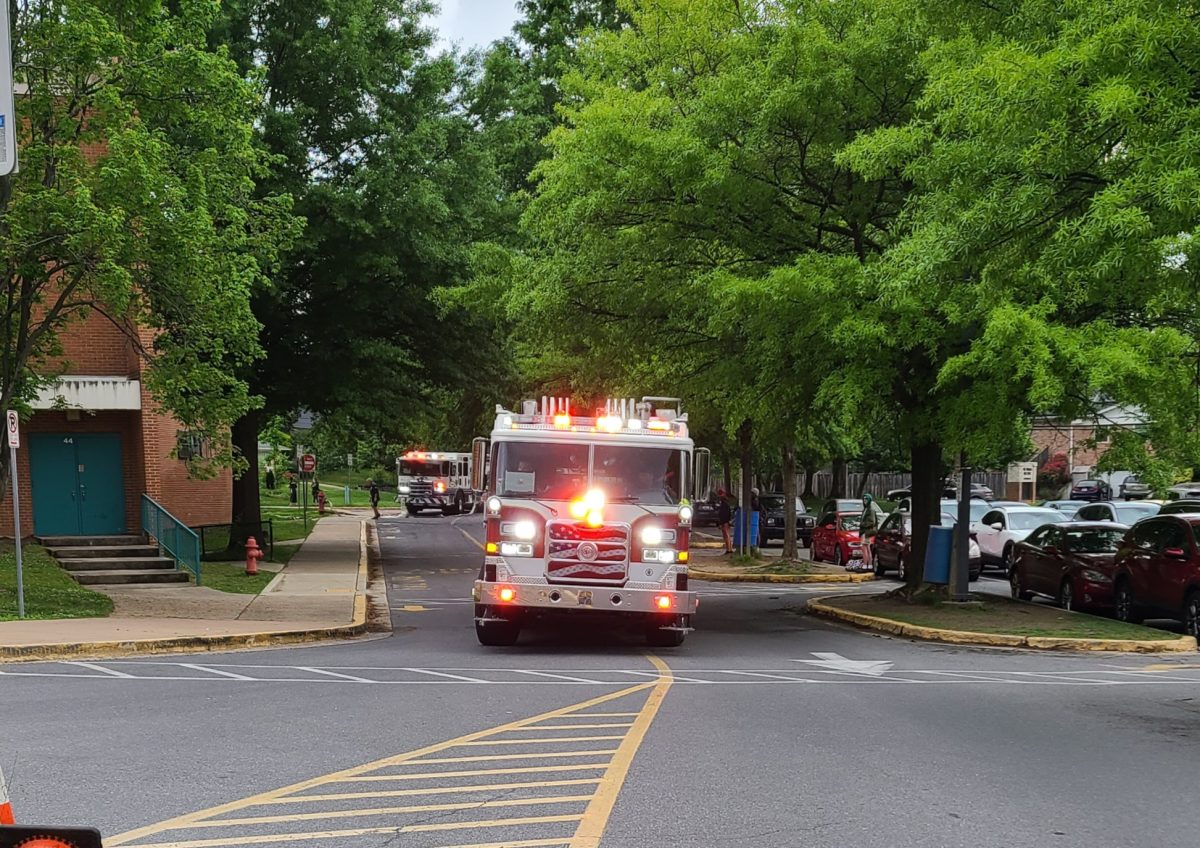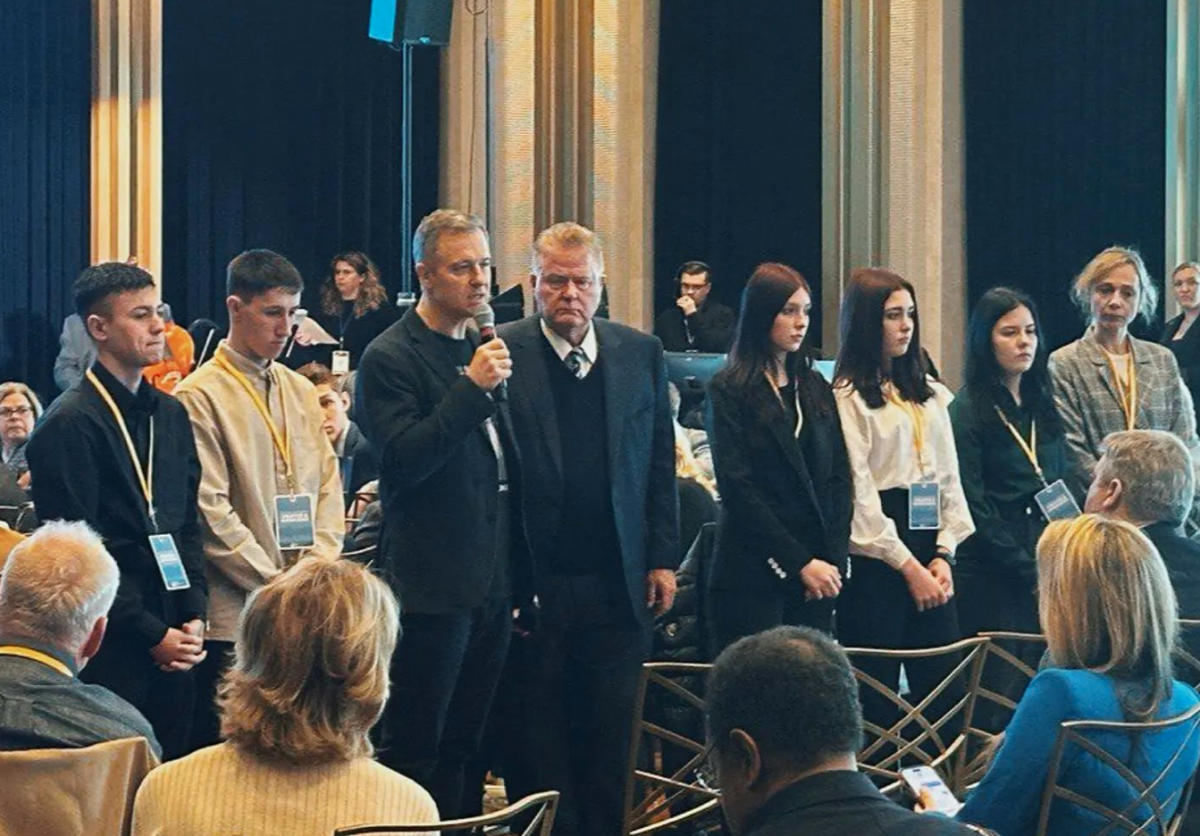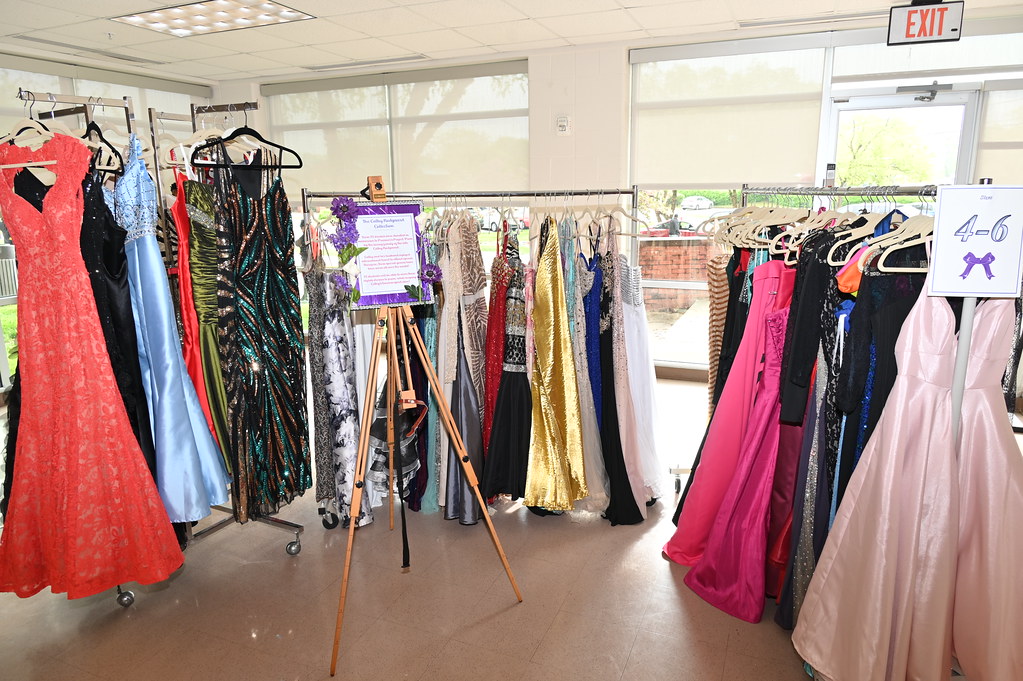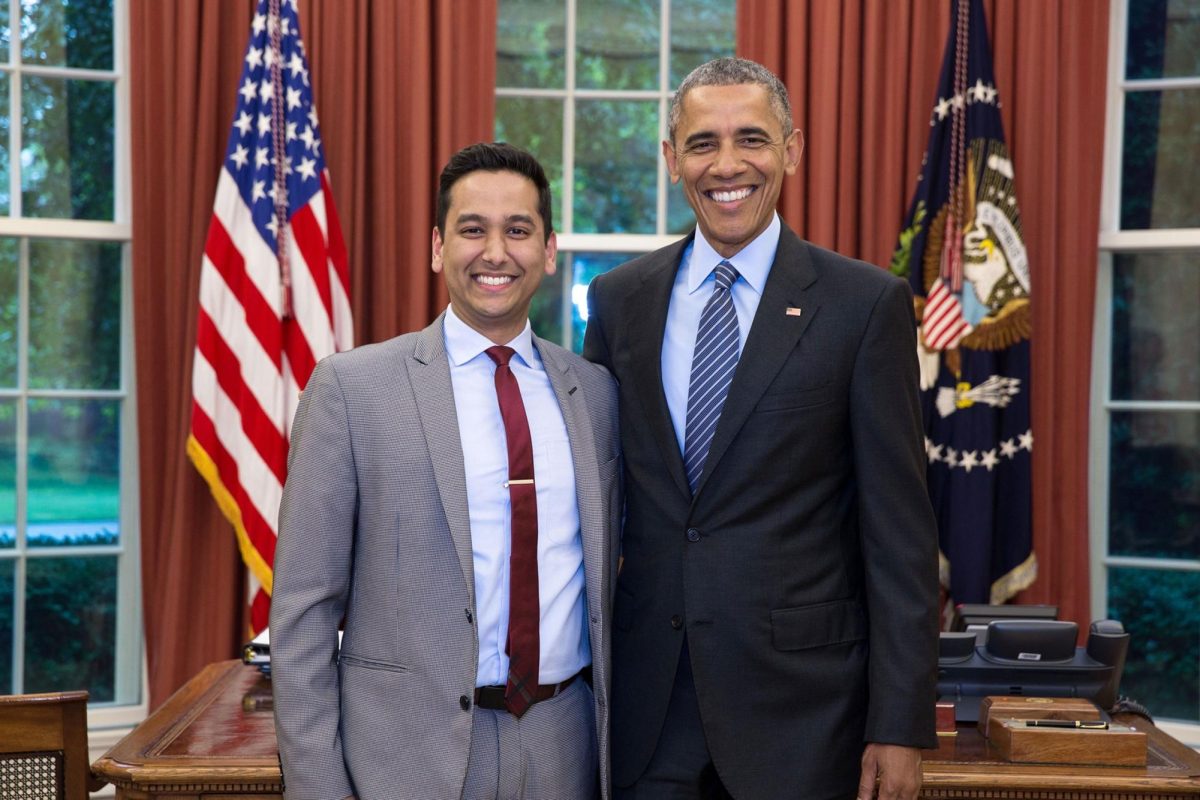The following is an interview with UN Special Envoy on Tuberculosis Dr. Eric Goosby. He was also the U.S. Global AIDS Coordinator from 2009 to 2013. Goosby describes some of his impactful work in the global health community and emphasizes the need for more awareness about HIV/AIDS and TB. One way to get involved in advocacy is to participate in the upcoming DC Walk to end HIV on October 24.
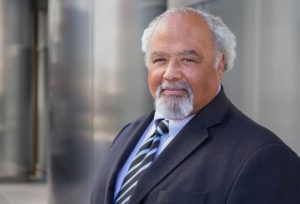
Black and White: Can you describe your positions as UN Special Envoy on Tuberculosis and former U.S. Global AIDS Coordinator?
Dr. Eric Goosby: The U.S. Global AIDS Coordinator runs the program called the President’s Emergency Plan for AIDS Relief (PEPFAR). It is our country’s largest foreign assistance program helping millions of people worldwide through its prevention, treatment and care efforts.
I am currently the UN Special Envoy on Tuberculosis. In that role, I work to raise awareness of the fact that while TB is curable, there are nine million new cases each year.
B&W: How did you get involved in your work with global health?
EG: I was a young doctor in the infectious care unit at San Francisco General in the early 1980s as the HIV/AIDS epidemic there began to take root and spread. It was never my intention to dedicate my life to fighting one virus. Infectious disease doctors choose this field because we like delivering solutions. We are all about the ethos of “diagnose, treat and get ‘em back on the street.”
Nothing prepared us for AIDS, which back then, we could not treat. Mortality wasn’t a risk, but a 100 percent certainty. Watching hundreds of men and women–almost all of them young, almost all in the prime of life–die as we stood powerless to help was a searing and painful experience.
That experience made me and many of my colleagues determined to turn the tide on the HIV/AIDS epidemic. It was then that I decided to dedicate myself to fighting AIDS and other global health diseases.
B&W: What has been your favorite or most rewarding experience in your work?
EG: I have been fortunate to experience some truly inspiring moments working in global health. While it was an honor to work for Presidents Clinton and Obama and it was a remarkable moment when Secretary Clinton announced that we could achieve an AIDS-free Generation, I’d have to say that my most rewarding moments were experienced in small villages in Africa and other places where PEPFAR was working to save lives. Seeing babies being born HIV-free because their mothers had taken medicines to keep the virus from spreading to their unborn children was overwhelming. Thanks to PEPFAR, more than one million babies have been born HIV-free. Now, that’s a reward that can make all of us proud.
B&W: Do you think that we will ever see the end to AIDS and TB?
EG: The United Nations has just set a goal of ending AIDS, TB and malaria by 2030. That’s a pretty extraordinary goal. It will require a significant infusion of money and dedicated work from leaders in both developed and developing nations. There will be many challenges in our fight to end these three deadly diseases, but we have faced down many of these challenges before, and we can do so again.
B&W: Is there a message you would like to deliver to high school students?
EG: My message to high school students is to be good global citizens. Right now, your world is not much bigger than your high school. Soon, new doors will open and you will be exposed to new opportunities and challenges. Embrace those that permit you to grow as a person and help others.
B&W: The D.C. Walk to End HIV is October 24. How important are events like these to the overall AIDS movement?
EG: Events like the Walk for HIV/AIDS are extremely important not only to raise needed money, but equally important to raise awareness. There are still 1.2 million people today in the United States infected with the AIDS virus. We have the tools to prevent AIDS, but we need to raise awareness so people can protect themselves.





